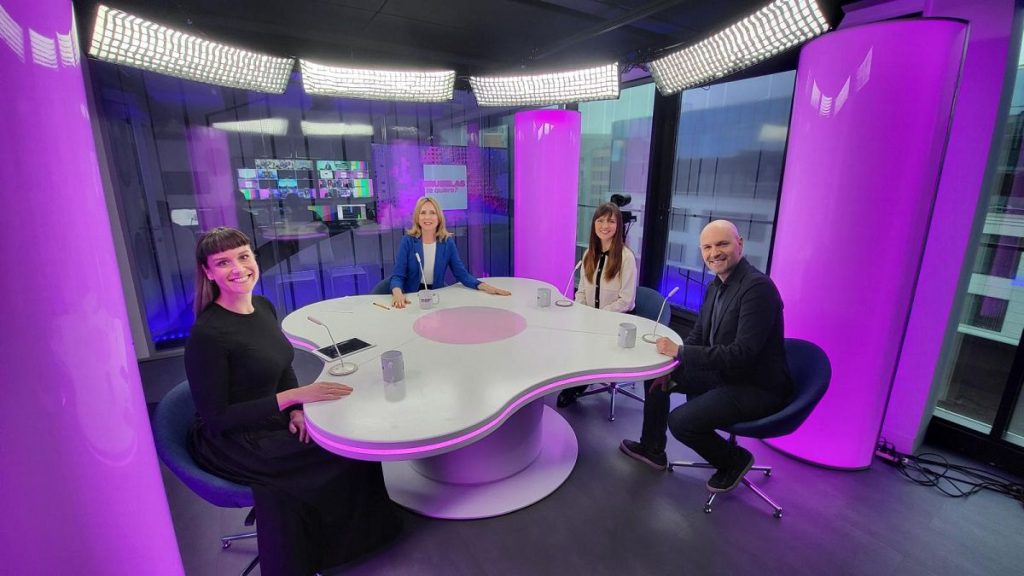Lawmakers engaging in extracurricular activities has raised ethical questions regarding their core role in politics. In this edition, three panelists – Sophia Russack, Petros Fassoulas, and Anna Nalyvayko – delve into the implications of MEPs with side jobs. While these additional roles are legally allowed, the political upheaval resulting from the Qatargate scandal prompted a push for stricter regulations and increased transparency. The question remains, however, whether these measures are sufficient to bridge the divide between citizens and politicians in today’s politically divided landscape. Despite improvements in reporting requirements and financial transparency, Russack argues that these measures may not prevent another scandal like Qatargate.
Fassoulas, on the other hand, believes that it is important for MEPs to maintain connections with the real world, bringing in expertise from outside and engaging with individuals and businesses impacted by their decisions. It is essential for parliamentarians to have a pulse on the people they represent and regulate, in order to make well-informed decisions that reflect the needs of the public. The guests also explored the reasons for the crisis of public confidence in politicians, offering some potential solutions to rebuild trust and accountability. The discussion highlights the importance of balancing MEPs’ engagement with the outside world while upholding ethical standards and transparency in their roles as lawmakers.
The Qatargate scandal serves as a catalyst for reevaluating the rules and regulations surrounding MEPs’ extracurricular activities, sparking a conversation on ethics and accountability in politics. While legal frameworks exist for side jobs, the widening gap in public trust necessitates a reexamination of these practices. The panelists emphasize the need for robust reporting requirements and financial disclosures to ensure transparency and prevent conflicts of interest. However, they acknowledge that these measures may not be foolproof and that additional steps may be needed to restore faith in the political system.
The role of MEPs extends beyond legislative responsibilities to include engaging with constituents and stakeholders, reflecting the diverse voices and interests within the European Union. Fassoulas argues that maintaining connections with the real world is crucial for lawmakers to understand the impacts of their decisions and bring diverse perspectives to the political arena. By fostering dialogue and collaboration with external stakeholders, MEPs can make more informed and inclusive policy decisions that address the needs of the public. The panelists advocate for ongoing dialogue and engagement between politicians and the communities they serve as a means of increasing transparency and accountability in governance.
The crisis of public confidence in politicians underscores the importance of addressing ethical concerns and rebuilding trust in political institutions. Russack, Fassoulas, and Nalyvayko offer suggestions for enhancing transparency, such as stricter reporting requirements and financial disclosures. By promoting openness and accountability, lawmakers can demonstrate their commitment to serving the public interest and upholding ethical standards. The discussion highlights the need for proactive measures to prevent future scandals and ensure that lawmakers operate with integrity and honesty in their roles as representatives of the people. Through open dialogue and ongoing efforts to uphold ethical standards, lawmakers can work towards rebuilding trust and fostering a more transparent political system that serves the interests of all citizens.


